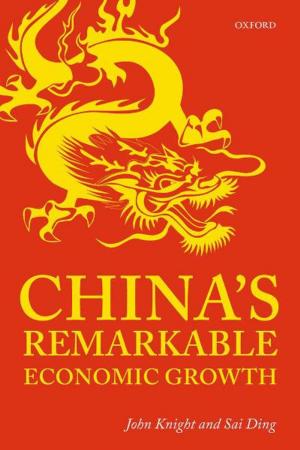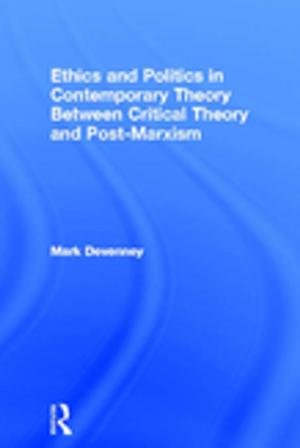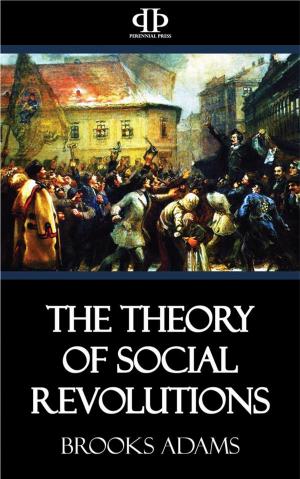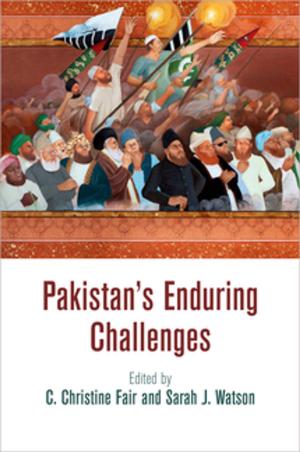Rescuing Our Pride from the Arena Zero and Causing Sorrow for Tomorrow
Nonfiction, Religion & Spirituality, Philosophy, Political| Author: | Mohamed Achour | ISBN: | 9781466121850 |
| Publisher: | Mohamed Achour | Publication: | January 29, 2012 |
| Imprint: | Smashwords Edition | Language: | English |
| Author: | Mohamed Achour |
| ISBN: | 9781466121850 |
| Publisher: | Mohamed Achour |
| Publication: | January 29, 2012 |
| Imprint: | Smashwords Edition |
| Language: | English |
We have this Biblical story, which will be discussed later, regarding Pharaoh and Moses. It is a basic reenactment of a story with profound lessons for all governments and societies for all time. From it, we can deduce a strong correlation between contemporaneous (U.S.) geopolitical climates and Pharaoh in ancient Egyptian civilization. Pharaoh was not just the name or title of a person; it is a syndrome of grandiosity and a symbol of hegemony. Moses was not just a person; he is the unknown, antithesis force that mirrors the ultimate reality. The first consideration that is brought to the reader’s attention is why we are talking about a supposed myth. The answer is that within these supposedly mythological events we see the reenactment of the same archetypal personalities that are so prominent in our own violent, contemporary period of history.
The second consideration, one that is brought (on a pre-conscious level) to the reader’s attention, is the occurrence of those legendary events not only in the objective world, but also introspectively in the subjective world.
Show More
Show Less
We have this Biblical story, which will be discussed later, regarding Pharaoh and Moses. It is a basic reenactment of a story with profound lessons for all governments and societies for all time. From it, we can deduce a strong correlation between contemporaneous (U.S.) geopolitical climates and Pharaoh in ancient Egyptian civilization. Pharaoh was not just the name or title of a person; it is a syndrome of grandiosity and a symbol of hegemony. Moses was not just a person; he is the unknown, antithesis force that mirrors the ultimate reality. The first consideration that is brought to the reader’s attention is why we are talking about a supposed myth. The answer is that within these supposedly mythological events we see the reenactment of the same archetypal personalities that are so prominent in our own violent, contemporary period of history.
The second consideration, one that is brought (on a pre-conscious level) to the reader’s attention, is the occurrence of those legendary events not only in the objective world, but also introspectively in the subjective world.
Show More
Show Less















